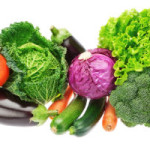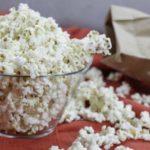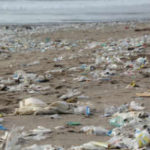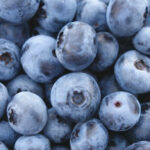Which Fruits And Vegetables Do You Need To Buy Organic?
A new report cautions consumers not to buy or consume conventionally grown strawberries, spinach, or nectarines. According to the findings published by the Environmental Working Group (EWG), these three fruits and vegetable are at the top of the list of the most contaminated by pesticide residue.
The report that released these results is the 2017 EWG’s “Dirty Dozen,” which lists the foods most polluted by 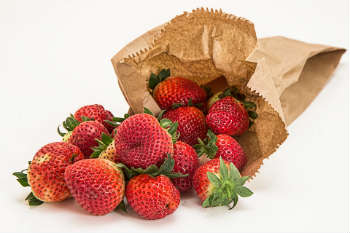 pesticides, and the “Clean Fifteen,” a list of the 15 relatively non-contaminated, conventional foods. The EWG conducted an analysis of foods tested by the U.S. Department of Agriculture, as well as the Food and Drug Administration. There were more than 36,000 samples that contained 48 different types of conventionally grown fruits and vegetables.
pesticides, and the “Clean Fifteen,” a list of the 15 relatively non-contaminated, conventional foods. The EWG conducted an analysis of foods tested by the U.S. Department of Agriculture, as well as the Food and Drug Administration. There were more than 36,000 samples that contained 48 different types of conventionally grown fruits and vegetables.
Buy Organic: The Dirtiest Of Them All
The returning champion at the top of contaminated foods were strawberries, for the second consecutive year. The popular berries, according to the EWG had the most pesticide residue. Prior to last year, that infamous honor went to the humble apple, which stayed at the top of the list for five years.The amount of pesticide residue in the strawberry samples has increased due to year-round demand for the berries, created a longer growing season and making plants more vulnerable to pests and weather. One sample strawberry had 20 different pesticides on it.
Spinach and nectarines moved up the list this year. Spinach went from 8th to 2nd place on the most contaminated list. The USDA reported that the spinach samples tested had more pesticide residue by weight than all the other samples in the testing. Additionally, 75 percent of samples had traces of permethrin, which is an insecticide that kills lice and repels mosquitoes. This pesticide causes nervous system damage when consumed in high doses.
Cleanest Foods Tested
So now you have to be wondering what conventionally grown produce you can purchase that won’t make your family sick? Sweet corn, apparently, per the EWG. A mere one percent of sweetcorn and avocado samples had any pesticides. These pesticide-free foods are so clean due the food’s protective husk and skin. However, the EWG goes further and warns that some sweet corn is produced from genetically modified seeds. The same holds true for papaya as well as summer squash.
Criticism Of The Dirty Dozen List
The EWG lists started in 1993, and they have a reputation for accuracy and influence among many of the American Academy of Pediatrics, notable doctors, and other health officials. These groups are fighting to reduce pesticide exposure in the food supply. The so-called Dirty Dozen list has faced criticism because it focuses on a number of pesticides and not comparable toxicity. Critics claim that the samples don’t meet rigorous testing criteria.
See the full Dirty Dozen and Clean Fifteen lists below, as well as the complete rankings of over 50 varieties of produce on the EWG website.
The Official Dirty Dozen List
- Strawberries
- Spinach
- Nectarines
- Apples
- Peaches
- Pears
- Cherries
- Grapes
- Celery
- Tomatoes
- Sweet bell peppers
- Potatoes
The Clean Fifteen
- Sweet corn
- Avocados
- Pineapples
- Cabbage
- Onions
- Frozen sweet peas
- Papaya
- Asparagus
- Mangos
- Eggplant
- Honeydew Melon
- Kiwi
- Cantaloupe
- Cauliflower
- Grapefruit
Some of the dirty dozen are lower than the EPA recommended limits. However, the toxicity of some of the pesticides 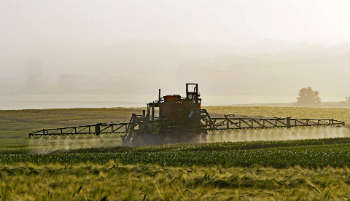 exceeds recommended exposure. Infants and the elderly are particularly vulnerable.
exceeds recommended exposure. Infants and the elderly are particularly vulnerable.
The USDA and EPA websites have great information and tips on how to interpret the results of this and other studies to keep your family safe. At the end of the day, it is wise to be vigilant about the type of food that is being consumed in households. In the age of genetically modified foods and sometimes unethical farming practices, being vigilant about what we put in our bodies is really important. That vigilance comes from knowing which fruits and vegetables to spend more on and which ones to not.

